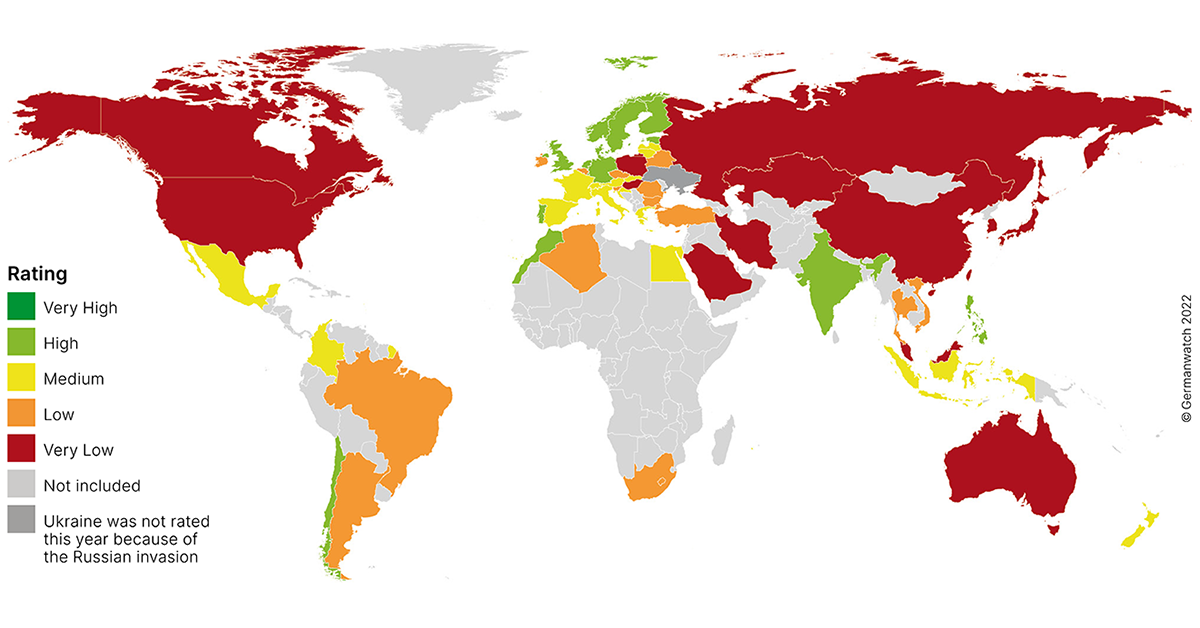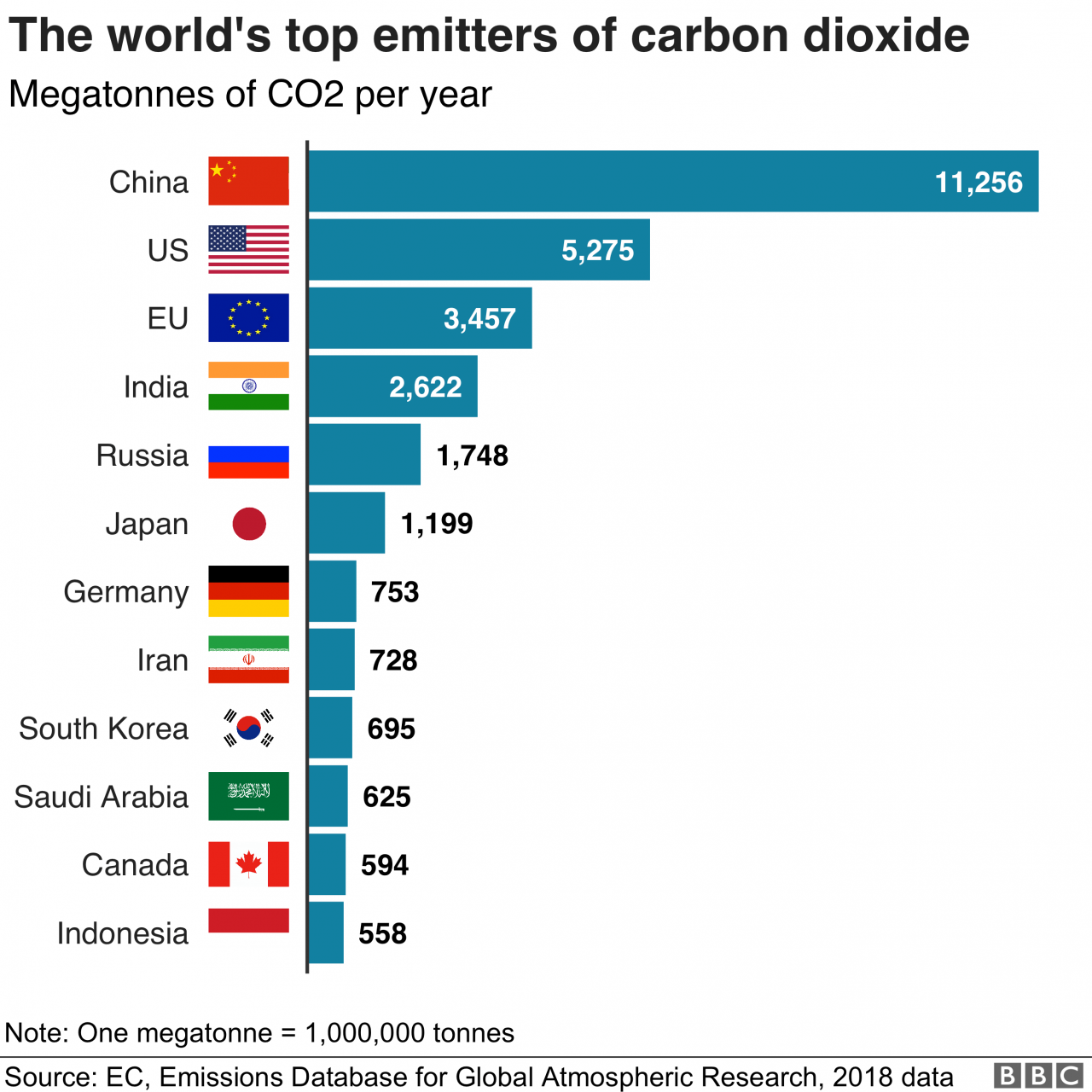
Climate change progress 2024 – As the world grapples with the ongoing climate crisis, the year 2024 marked a pivotal juncture in the fight against global warming. This report provides a comprehensive overview of the progress made, challenges encountered, and the outlook for the future of climate change mitigation and adaptation.
Significant milestones were achieved in 2024, including the implementation of ambitious renewable energy targets, the adoption of innovative technologies, and the strengthening of international collaborations. However, the year also presented challenges, such as extreme weather events, policy setbacks, and the need for greater public engagement.
Climate Change Progress in 2024: Climate Change Progress 2024

In 2024, significant strides were made in the fight against climate change. The year witnessed a surge in renewable energy adoption, ambitious emissions reduction targets, and a growing recognition of the urgency of climate action.Major milestones included the implementation of carbon pricing mechanisms in key economies, the launch of innovative technologies to decarbonize industries, and the establishment of international collaborations to accelerate progress.
However, challenges remained, including the need for stronger policy frameworks, increased public engagement, and a shift in consumer behavior towards sustainability.
Global Initiatives and Collaborations
International organizations played a pivotal role in driving climate change progress in 2024. The United Nations Framework Convention on Climate Change (UNFCCC) facilitated global negotiations and set ambitious goals for emissions reductions. The Intergovernmental Panel on Climate Change (IPCC) continued to provide scientific assessments that informed policymaking and public understanding.Partnerships
between governments, businesses, and civil society organizations also made significant contributions. The Global Covenant of Mayors for Climate and Energy, for instance, brought together over 10,000 cities and local governments committed to reducing emissions.
Technological Advancements
Technological advancements played a crucial role in 2024. Innovations in renewable energy, energy storage, and carbon capture technologies improved efficiency and reduced costs. Electric vehicles gained widespread adoption, leading to a decline in transportation emissions.Companies such as Tesla and Siemens developed innovative solutions to decarbonize heavy industries.
Carbon capture and storage technologies emerged as promising methods for reducing emissions from fossil fuel power plants and industrial processes.
Policy and Regulatory Measures
Government policies and regulations played a significant role in driving climate change progress. Carbon pricing mechanisms, such as cap-and-trade systems and carbon taxes, were implemented in several countries, incentivizing businesses to reduce emissions.Renewable energy incentives, such as feed-in tariffs and tax credits, supported the growth of clean energy industries.
Energy efficiency standards for buildings and appliances were also strengthened, leading to reduced energy consumption.
Public Engagement and Awareness
Public engagement and awareness were critical in driving climate change progress in 2024. Social media campaigns, documentaries, and educational initiatives raised awareness about the urgency of climate action.Grassroots movements, such as Extinction Rebellion and Fridays for Future, mobilized citizens and pressured governments to take bolder action on climate change.
Public support for climate policies increased significantly, creating a mandate for governments to prioritize climate action.
Economic Implications, Climate change progress 2024
Climate change progress in 2024 had positive economic implications. The growth of renewable energy industries created new jobs and boosted economic development. Investments in energy efficiency measures led to cost savings for businesses and consumers.The transition to a low-carbon economy also presented opportunities for innovation and competitiveness.
Companies that embraced sustainability practices gained a competitive advantage in the marketplace.
Outlook for the Future
The outlook for climate change progress beyond 2024 is both challenging and promising. While significant progress has been made, much more needs to be done to achieve the goals of the Paris Agreement and limit global warming to well below 2 degrees Celsius.Accelerating
progress will require continued technological advancements, stronger policy frameworks, increased public engagement, and a shift in consumer behavior towards sustainability. By working together, governments, businesses, and civil society can create a more sustainable future for generations to come.
Final Wrap-Up

The progress made in 2024 has laid the foundation for continued action in the years to come. While challenges remain, the collective efforts of governments, businesses, and individuals can accelerate the transition to a sustainable and climate-resilient future.
Clarifying Questions
What were the major milestones achieved in climate change progress in 2024?
In 2024, several notable milestones were reached, including the installation of record-breaking solar and wind capacity, the launch of carbon capture and storage projects, and the establishment of new protected areas.
What challenges were encountered in 2024?
Despite the progress made, 2024 also presented challenges, including the devastating impacts of extreme weather events, the slow pace of policy implementation in some regions, and the ongoing need for greater public awareness and engagement.
What is the outlook for the future of climate change progress?
The outlook for the future of climate change progress is both promising and challenging. While there is a growing recognition of the urgency of the climate crisis, significant efforts are still needed to accelerate the transition to a sustainable and climate-resilient future.





